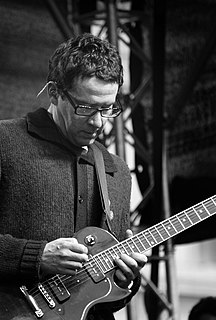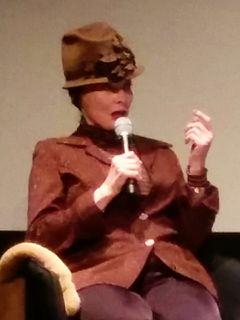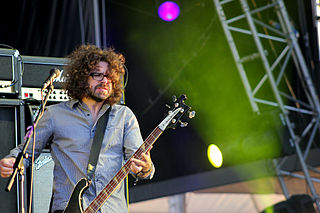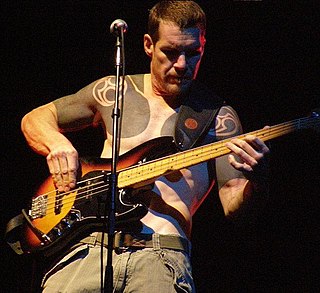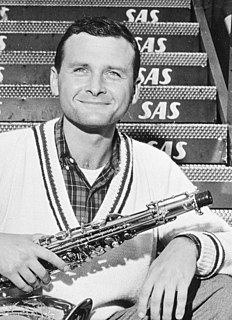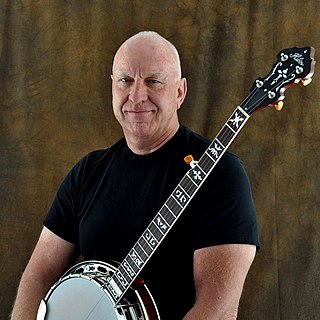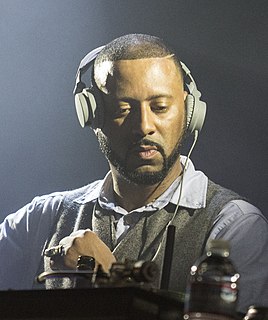A Quote by Stevie Jackson
Lazy Line Painter Jane - it was an insane way to make a record! It was just in a church hall, no separate rooms for instruments, and a crappy digital desk, and I think it's fantastic. I think it's one of the best records we ever made. But if you actually said that to a professional recording engineer or producer they'd laugh at you.
Related Quotes
I do not want and will not take a royalty on any record I record. I think paying a royalty to a producer or engineer is ethically indefensible. The band write the songs. The band play the music. It's the band's fans who buy the records. The band is responsible for whether it's a great record or a horrible record. Royalties belong to the band. I would like to be paid like a plumber. I do the job and you pay me what it's worth.
People have always said that I could have been a highly successful pop artist, if only that were my intention. It never was. My original intention was to be a kind of behind-the-scenes participant in music, to just be a record producer and engineer. And I made a record for myself just so I could have an outlet for my musical ideas.
It's a battle between record company, between producer and between mastering engineer. Because the louder you make your record in a digital process, the more dynamics are squished out of it. Nobody knows exactly what happens, but the dynamics in the performance disappear, and everything is at the same volume.
I brought the music out to L.A., and the producer Tommy LaPuma heard it and he said - "Man, I love it. Let's do it. Let's record it." I said, "Okay, where's the band?" He said, "We don't have a band. We want it to sound exactly like your demo." I said, "Well, I played all the instruments on the demo." You do that when you're making demos. You got your guitar, you got your sax. He said, "Well, I want it to sound just like that, so get all your instruments out here." So I ended up playing all the instruments.
I think I understand what bands want, just from having made records myself. I understand what it takes to get a good vocal sound, or to make people comfortable in the studio. From minor things like their headphone mix - and if a singer's singing, how they should hear themselves - to how to make people feel that they're getting exactly what they want. All those things, I think, are an advantage, especially the part about having done it myself. I'm not just an engineer who records the sounds well. I'm not afraid to take chances.
I call it "being interrupted by success." We had done The Soft Bulletin, which came out in 1999, and we knew we that were gonna make another record before too long. But in between this, we were still in this mode of kind of just - not re-creating what we could be, but kind of doing different things. For the longest time in the Flaming Lips we were like, "Make a record, go on tour. Come back, make another record," and you know, I think, frankly, we were kind of like, "There's more to life than just recording records and going on tour."
You have a tendency to just remember the bad times and bad moments. I think that often it's the way of life. Yet the rewards we got from it were fantastic and we played a lot of shows to sellout audiences in I don't know how many cities. I just think we didn't realise how insane it was until we were actually right in the middle of it and couldn't stop. We just couldn't stop.
